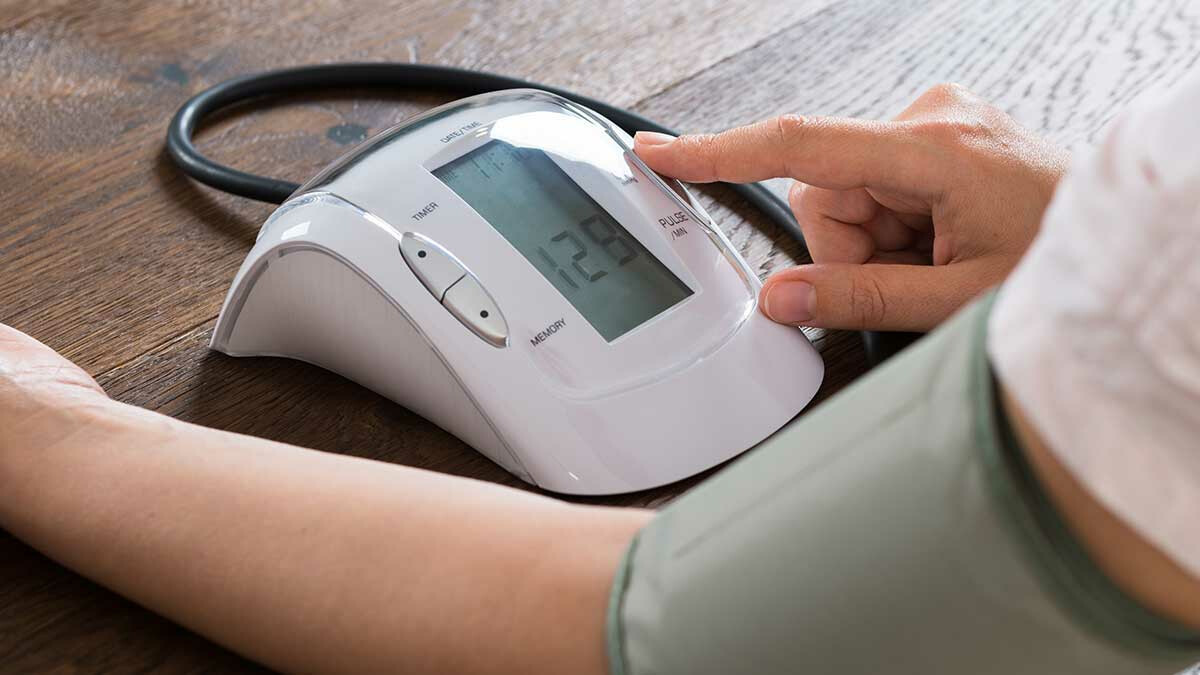Healthy Aging: Living Well at Every Stage of Life

Aging is a natural part of life—and with the right support and lifestyle choices, it can be a vibrant, fulfilling journey. Whether you're entering your golden years or caring for an older loved one, focusing on preventive care, fall prevention, and an active lifestyle can help maintain independence, boost well-being, and improve quality of life.
Family Medical Centers is here to support you or your loved one through every step of the aging process.
The Importance of Senior Care
Routine healthcare is essential for healthy aging. Preventive screenings, medication management, and early detection of age-related conditions allow seniors to stay ahead of health issues and maintain a high quality of life.
Key components of senior care include:
- Annual wellness visits
- Screenings for high blood pressure, cholesterol, diabetes, osteoporosis, and cancer
- Cognitive assessments for memory and mental sharpness
- Immunizations (like flu, shingles, pneumonia, RSV, and COVID-19)
According to the National Institute on Aging (NIA), regular healthcare visits and personalized care plans help reduce hospitalizations and support longer, healthier lives1.
Fall Prevention: Small Steps, Big Protection
Falls are the leading cause of injury among older adults. In fact, 1 in 4 adults over age 65 falls each year—and many falls result in fractures or hospital stays2. The good news? Most falls are preventable.
Tips to reduce fall risk:
- Keep walkways clear of clutter, cords, and rugs
- Install grab bars in bathrooms and handrails on stairs
- Ensure adequate lighting in hallways and entryways
- Wear non-slip, supportive shoes
- Schedule regular vision and hearing checks
- Review medications that may cause dizziness or drowsiness
Ask your healthcare provider about a fall risk assessment—it’s a simple step that can prevent serious injury.
Active Lifestyle Tips for Healthy Aging
Staying active doesn’t mean running marathons. Gentle, consistent movement can help preserve mobility, reduce the risk of chronic illness, improve mental health, and increase independence.
Recommended activities for seniors include:
- Walking or light hiking to boost heart health
- Strength training with resistance bands or light weights
- Yoga or tai chi to improve balance and flexibility
- Swimming or water aerobics for low-impact joint support
- Gardening or dancing to make movement fun and social
The CDC recommends at least 150 minutes of moderate-intensity aerobic activity each week, plus muscle-strengthening exercises on two or more days3.
And don’t forget the brain—staying socially and mentally active with puzzles, reading, hobbies, and time with friends can help reduce the risk of cognitive decline.
Support for the Journey
Aging well means embracing every chapter of life with confidence and care. Whether you're looking for a trusted provider, senior wellness services, or helpful resources. Family Medical Centers is here to support your journey toward healthy aging.
Schedule a wellness visit or fall risk screening today. Your health—and independence—matter.
References:
Footnotes
- National Institute on Aging. (2023). Healthy Aging Tips. https://www.nia.nih.gov/health/healthy-aging-tips
- Centers for Disease Control and Prevention. (2023). Important Facts about Falls. https://www.cdc.gov/falls/facts.html
- Centers for Disease Control and Prevention. (2022). How Much Physical Activity Do Older Adults Need? https://www.cdc.gov/physicalactivity/basics/older_adults/index.htm



